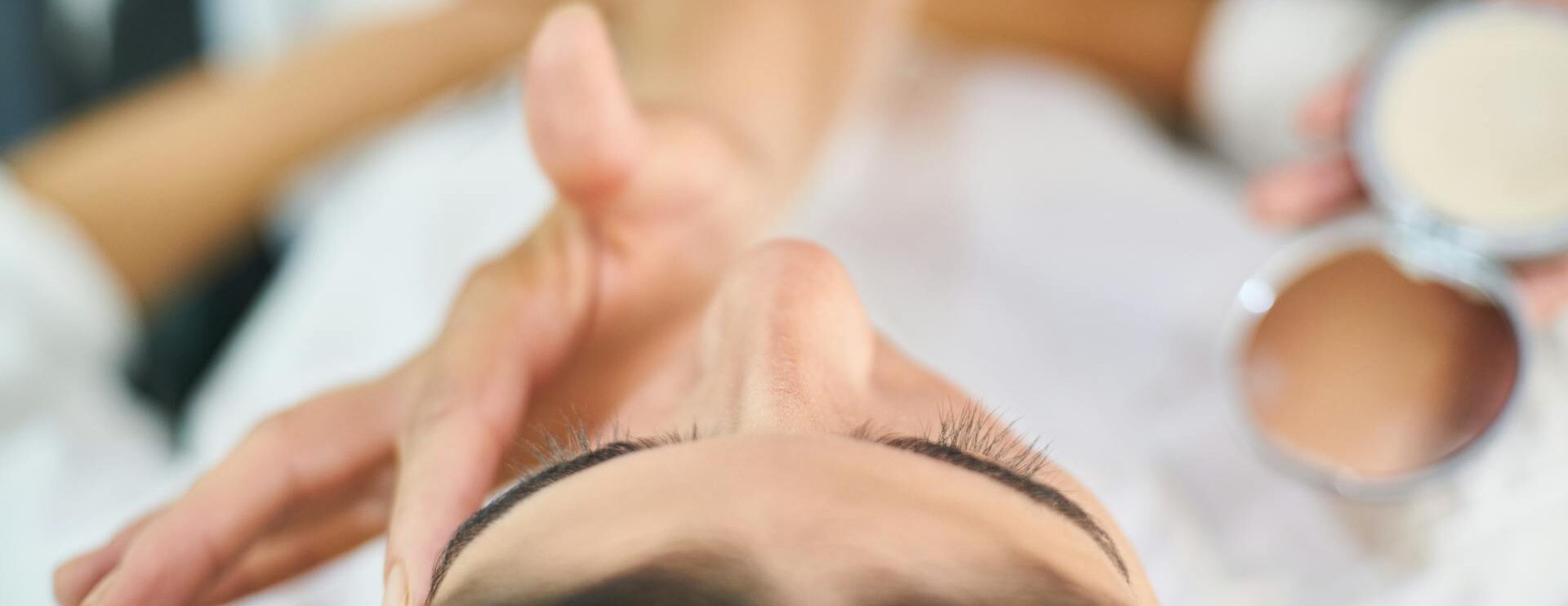
Dry skin care tips
How do I know if I have dry skin?
Dry skin is usually dehydrated, rough, with a feeling of tightness, and may even appear flaking, expression lines or be prone to signs of stress such as irritation, redness or an itchy sensation.
This happens because the skin loses water and fatty acids (such as Omega acids), which nourish and maintain the protective barrier function of the skin. External agents such as climatic conditions, very cold or very hot temperatures, as well as environmental and digital pollution, also affect the natural conditions of the skin.
Causes of dry skin
There are factors that affect the skin and cause it to become dry, including:
- Weather conditions: sun, cold and dry air, especially in winter or in very hot places, affect the skin and cause it to dry out and lose moisture. Severe winter weather, air pollution and other factors related to the surrounding air environment also affect the skin condition.
- Genetics: Genetics can play a role in dry skin, especially if there are family members who have a lower percentage of oil in the outer layer of the skin. People with dark skin also tend to have a dry skin type more than others.
- Showering more than once a day, especially with warm or very hot water. Excessive exposure to water can remove the skin’s protective layers or the skin’s natural oils, resulting in dry skin.
- Nutritional deficiencies: An unhealthy diet lacking in necessary nutrients undoubtedly affects the health of the skin and exposes it to dryness.
- Certain medications, such as isotretinoin: this is a medication used to treat severe acne and often causes dry skin as a side effect.
Dry skin and accelerated ageing
As a result of this gap in the level of moisture and fatty acids. The skin produces little sebum or oil and needs special care. Dry skin is also prone to premature ageing, as the lack of moisture in the skin tends to accentuate fine lines and lead to the appearance of wrinkles. In many cases, excessively dry skin can lead to other skin conditions such as atopic dermatitis.
To repair the skin and improve its hydration, it is important to follow a skin-specific routine with dry skin care products. Vegetable oils and/or butters help to moisturise and keep dry skin under control.
Dry skin care tips
- Exfoliate the skin
Exfoliation is important to remove accumulated dead skin cells. Which helps the skin absorb any moisturizer you apply, so exfoliation should be gentle and avoid intense rubbing.
- Washing the skin
Frequent washing strips the skin of the natural oils that are important for moisturizing it, making it drier. In addition, attention should be paid to the quality of the soap used, so that it contains, as far as possible, moisturizing substances in its composition.
- Protect the skin from cold air
Weather containing cold air is one of the most important causes of dry skin, as cold air causes the skin to lose its moisture. It is necessary to protect the skin by wearing warm clothing that protects against cold air.
- Drinking water
It is recommended to drink plenty of water throughout the day regardless of skin type. But in the case of dry skin, the amount of water to drink should be increased. Because water has a great benefit in keeping the body hydrated, thus maintaining skin health.
- Follow a healthy diet
It is important to eat foods rich in nutrients needed for skin health, as they contain important vitamins. Especially vitamin A and vitamin E, and should also contain omega-3 fatty acids.
- Protect the skin from the sun’s rays
Be careful not to expose it excessively to the sun. These rays increase its dryness and damage. Therefore, dry skin should be protected from sunlight, especially harmful ultraviolet rays, by applying sunscreen.
- Get enough sleep
Adequate sleep is essential for tired skin, especially dry skin. It brings relaxation and comfort to the body, which helps to renew skin cells. Thus accelerating their recovery and turning them into healthy, fresh skin, so it is recommended to sleep between 7 and 8 hours a day.
It is important to consult a dermatologist if your skin is extremely dry, who will recommend a complete dry skin treatment appropriate to your condition. This may include creams or medications. In addition, there are natural remedies for dry skin that can be easily found at home and are often effective.









